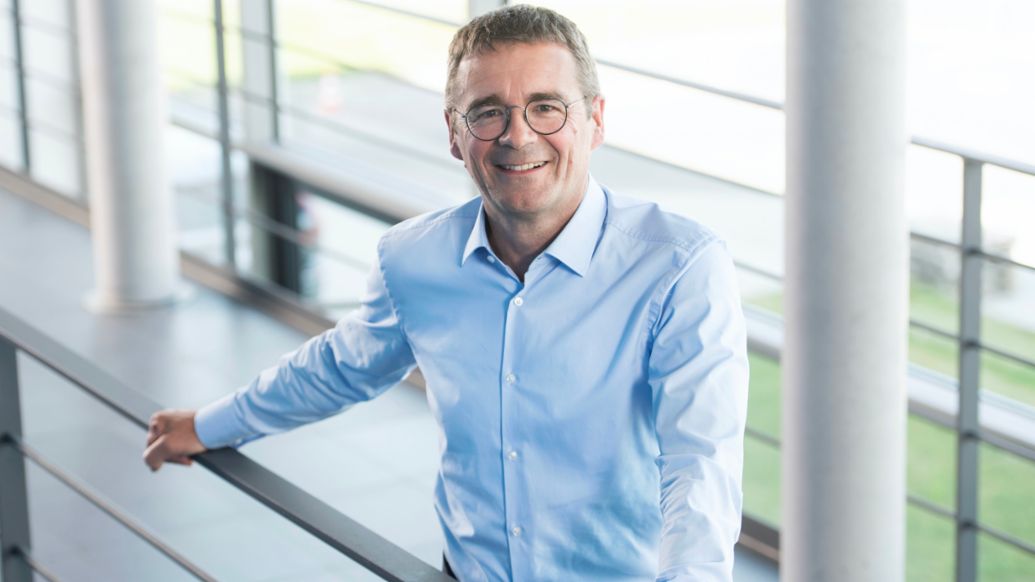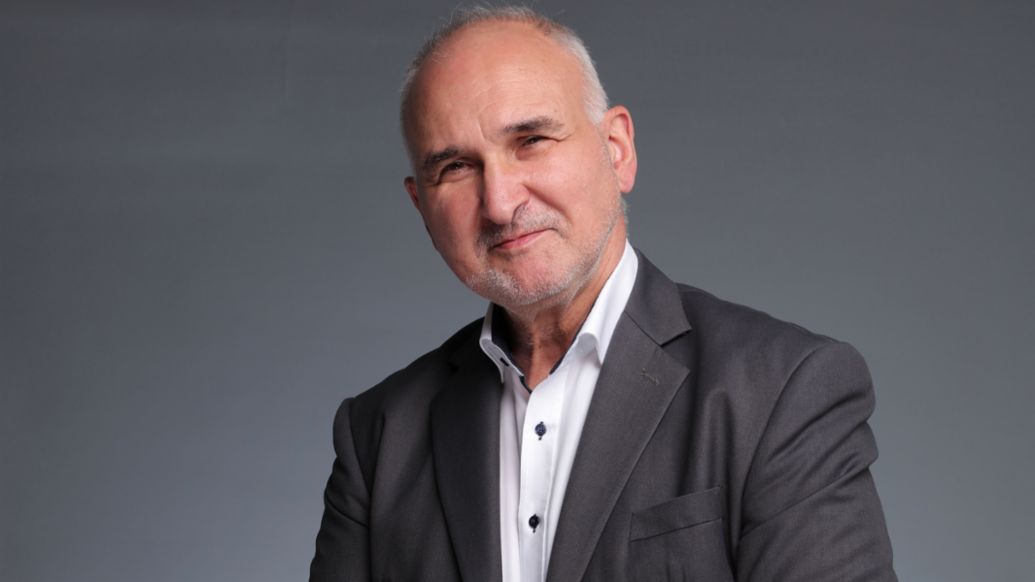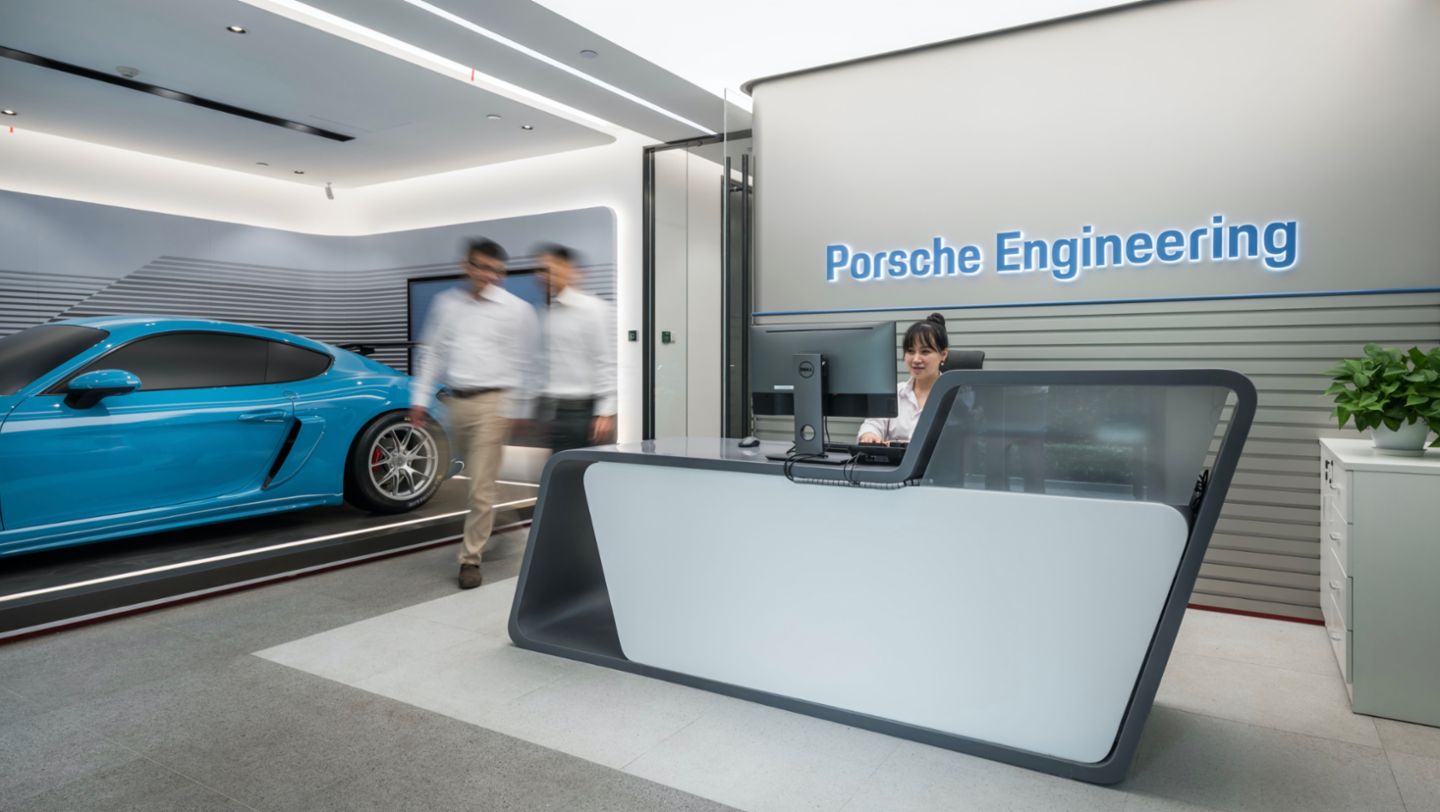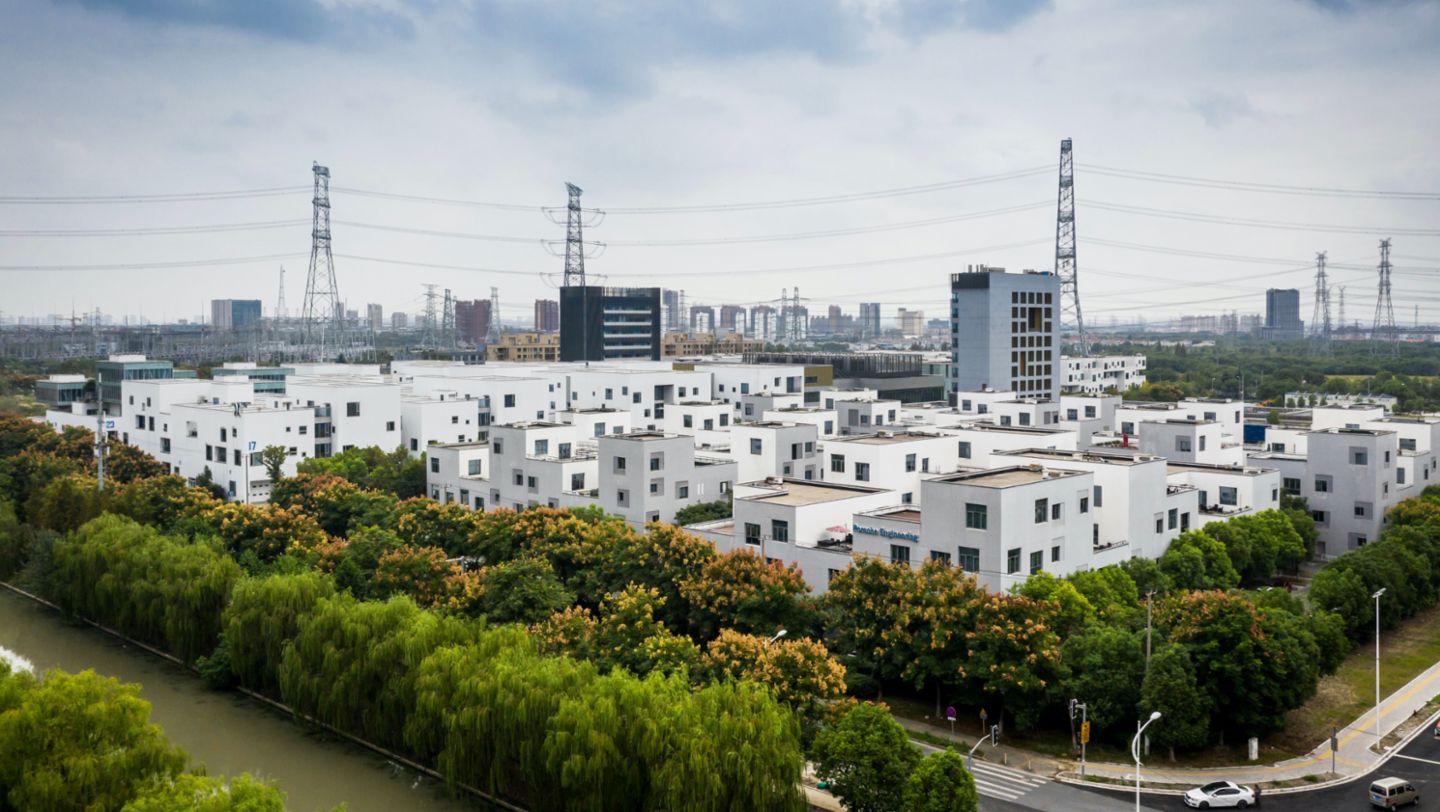Pichler-Necek succeeds Kurt Schwaiger, who has headed up Porsche Engineering’s Chinese activities since 2015 and under whose leadership the Shanghai location has successfully grown and expanded at the interface of vehicle and digital technologies.
“We are delighted to have been able to recruit Uwe Pichler-Necek as our next Managing Director,” says Peter Schäfer, CEO of Porsche Engineering and Chairman of the Advisory Board of the Chinese subsidiary. “With his broad local management experience in new and conventional vehicle technologies, he has the ideal background for this challenging task.”

Pichler-Necek was most recently responsible for development activities at FEV China as Executive Vice President for Engineering. Prior to that, he spent 14 years at Magna Steyr and Magna Powertrain, among other stations, in various senior management positions and at different locations, including China.
Farewell to Kurt Schwaiger
His predecessor Kurt Schwaiger is returning to Germany to retire after more than six years as Managing Director of Porsche Engineering in China. “I would like to express my sincere thanks to Kurt Schwaiger for his outstanding achievement,” Schäfer continued. “He has successfully built up the Shanghai location, broadened its technological scope and expanded its reach. Today, we have a first-class development team on site that knows the complex Chinese market in detail and develops China-specific solutions for Porsche and other OEMs.”

Porsche Engineering has been dedicated to the specific development requirements of the Chinese market for more than thirty years. With the establishment of its own subsidiary in Shanghai in 2014, that local commitment was further strengthened and has since been consistently expanded by the team around Kurt Schwaiger. The importance of Porsche Engineering’s China activities will continue to increase: The company will continue to grow due to the increasing demand for China-specific functions, particularly in the digital environment, as well as in collaboration with Porsche AG’s newly established research and development satellite in China.
About Porsche Engineering
Porsche Engineering Group GmbH is an international technology partner to the automotive industry. The subsidiary of Dr. Ing. h.c. F. Porsche AG is developing the intelligent and connected vehicle of the future for its customers – including functions and software. Some 1,500 engineers and software developers are dedicated to the latest technologies, for example in the fields of highly automated driving functions, e-mobility and high-voltage systems, connectivity and artificial intelligence. They are carrying the tradition of Ferdinand Porsche’s design office, founded in 1931, into the future and developing the digital vehicle technologies of tomorrow. In doing so, they combine in-depth vehicle expertise with digital and software expertise.



